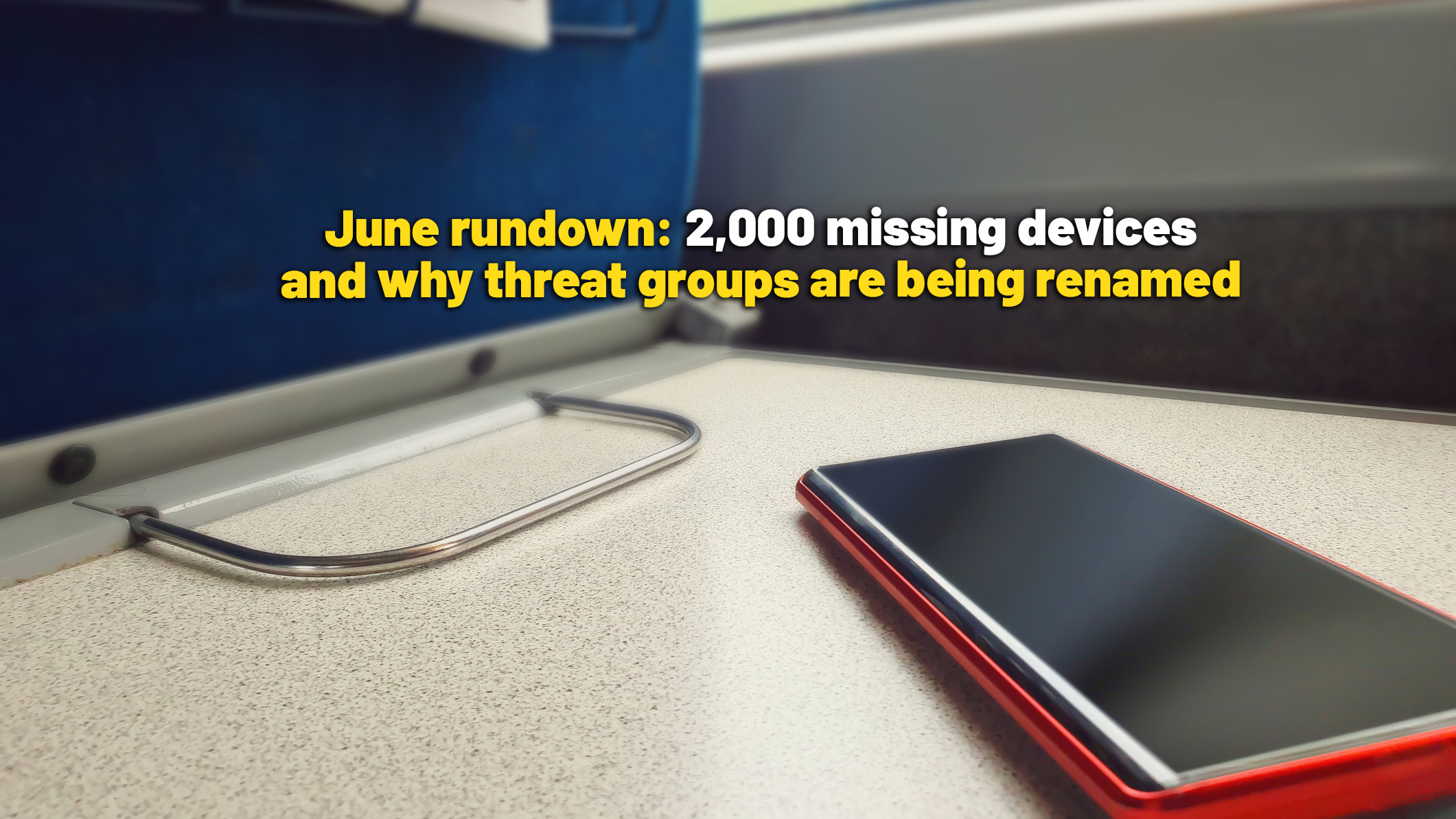Ex-BBC director general apologises for defunct IT project
Mark Thompson tells MPs details about DMI's problems were not passed on as urgently as they should have been.

Former BBC director general Mark Thompson has apologised to TV licence fee payers over the failure of the broadcaster's multi-million pound Digital Media Initiative (DMI).
The apology took place during Thompson's hearing with the Government's Public Accounts Committee (PAC) yesterday into why DMI failed.
"I want to apologise to you and to the public for the failure of this project," he said.
The project's aim was to create a tapeless digital production and archiving system to help the broadcaster's staff manage video and audio content from their desktops.
The initiative ran into difficulties, and was canned in May 2013, with the BBC concluding that much of the 125.9 million spent on the project had been wasted.
The CTO overseeing the project, John Linwood, was suspended at the same time, before being sacked from his 287,000 a year role two months later without a pay-off.
Thompson, meanwhile, left his role as director general in 2012 after eight years with the company.
Sign up today and you will receive a free copy of our Future Focus 2025 report - the leading guidance on AI, cybersecurity and other IT challenges as per 700+ senior executives
Around the same time as a damning report into the DMI's failures was published by the National Audit Office, it emerged Linwood was planning to sue the BBC over their treatment of him.
"I have issued legal proceedings against the BBC and intimated contractual claims, and am still involved in an internal process with the BBC," he revealed in written evidence to the Public Accounts Committee.
During his time in front of the committee yesterday, Thompson denied he had misled MPs about the project's progress and reiterated some of the successes it had with DMI.
For instance, he told MPs the technology had been used by several programmes, including BBC 1's flagship light entertainment programme The One Show, which had led him to believe the project was going well.
"In my time, I thought great efforts were made by BBC Vision and BBC North to get DMI to work," he said.
"I know there were tensions but I don't think in themselves they were the reason for the failure of the project."
However, he did suggest the information fed back to his team about how the project was progressing was "not everything it should have been" and details about what was going wrong should have been passed on "more urgently than it was".
-
 Panel Profile: Hello Magazine CTO Andy Macharg
Panel Profile: Hello Magazine CTO Andy MachargIT Pro Panel We get face-to-face with one of the IT Pro Panellists
-
 Panel Profile: Melton Building Society director of IT and change Rita Bullivant
Panel Profile: Melton Building Society director of IT and change Rita BullivantIT Pro Panel We get face-to-face with one of the IT Pro Panellists
-
 IT Pro Panel: Tackling technical recruitment
IT Pro Panel: Tackling technical recruitmentIT Pro Panel With the recruitment market shifting, how can businesses both retain their best staff and fill gaping talent shortages?
-
 IT Pro Panel: Planning for 2022
IT Pro Panel: Planning for 2022IT Pro Panel Recruitment and skills top the list of our panellists’ biggest concerns for 2022
-
 £100 contactless payment limit could place shoppers at risk, warn industry experts
£100 contactless payment limit could place shoppers at risk, warn industry expertsNews The tech industry reacts to the new threshold introduced by the FCA
-
 Five minutes with... Jon Smart, RoosterMoney CTO
Five minutes with... Jon Smart, RoosterMoney CTOIn-depth We find out more about the IT powering the popular pocket money app
-
 When should startups hire their first CTO?
When should startups hire their first CTO?In-depth Hiring a senior tech leader is a big event in the life of any start-up, but when is the right time? And what’s the right approach?
-
 Five minutes with... Petr Janda, Pleo CTO
Five minutes with... Petr Janda, Pleo CTOIn-depth We talk to the CTO of Pleo, a fast-growing electronic money specialist focusing on company spending, card solutions and more

